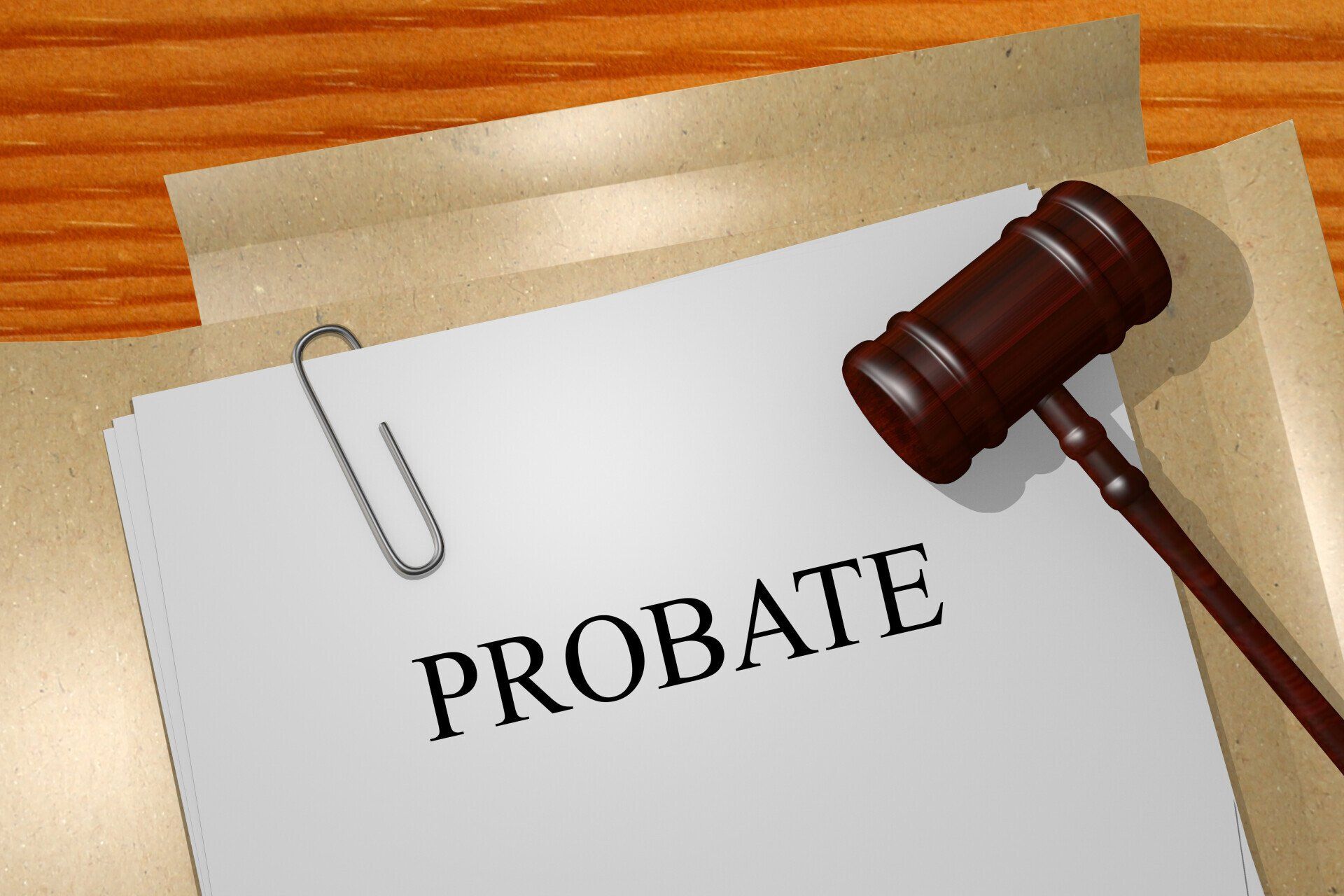Our Legal Blog
Your Resource For Legal Information







Contact Us
Phone: 561-220-7765
Location
301 Crawford Blvd.
Suite 100
Boca Raton, FL 33432-3762
Hours








Contact us now!
Hours
Quick Links
Disclaimer: The information on this website is for general information purposes only. Nothing on this site should be taken as legal advice for any individual case or situation. This information is not intended to create, and receipt or viewing does not constitute an attorney-client relationship.
All Rights Reserved | Peter J. Snyder, P.A. | Powered By Convert It Marketing | Privacy Policy
All Rights Reserved | Peter J. Snyder, P.A. | Powered By Convert It Marketing | Privacy Policy